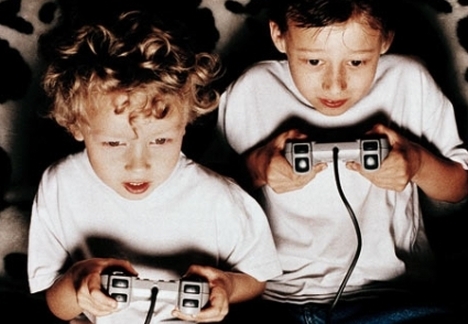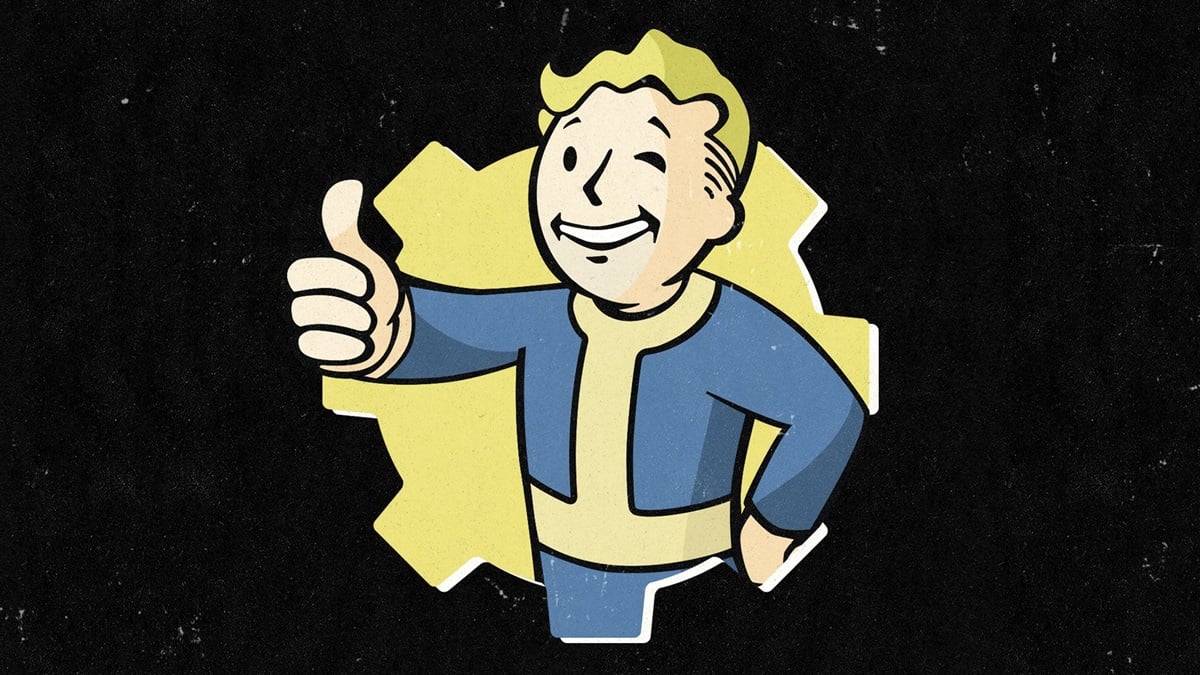It’s no secret that there can often be something of a disconnect between today’s parents and their gamer children. Where the younger generation has essentially grown up with controllers in their hands, unable to conceive of a time without videogames, the parents of today may have partially or totally missed the boat on what makes games so alluring to their kids.
They may remember passing the time at arcades every now and again — they may be fleetingly familiar with the sensation playing the odd arcade title, of chasing the high score — but the urges that drive their children to spend sixty dollars and dozens of hours on a single game are totally alien to them.
To be honest, it’s not their fault: a child’s love of videogames can be a perplexing thing to witness from the outside, looking in. That’s why we’ve compiled three of the most relevant reasons today’s youth plays videogames.
Hit the jump for more.
They’re empowering

Assuming you don’t put restrictions on what games your children can play, roughly 80% of the titles they’ll pick up will likely attempt to make your child feel like a badass. I’m not just talking about the Grand Theft Autos and God of Wars of the gaming world, either: even mellow, violence-free titles like Katamari Damacy or Flower make the player feel empowered by progressively increasing his or her influence within the game worlds.
Though it’d be untrue to say that only kids love to feel empowered, they’re generally the age group most desperately in need of it. Both at school and at home, they’re forced to take orders and follow rules they either do not understand or wholly disagree with. If you can imagine the endless numbers of (seemingly) stupid, irrelevant rules you had to follow as a child and/or teenager, it might not be that surprising that kids would be attracted to the possibility of entering an entire virtual universe where it is they who are making the important choices.
Videogames still lay down a set of rules that the player must follow, but those rules usually result in the player rightfully feeling like they are the most important, powerful thing in that game’s universe. Whether gaming’s obsession with player empowerment is a good thing can be heavily debated, but if nothing else it’s certainly enticing to the underage.
They’re the new rock n’ roll

Throughout the past five hundred years of human existence, one social rule remains unchanged: if old, senile white men and middle-aged, uptight, churchgoing women think something should be banned, then it must be really awesome.
Comic books, rock and roll, hip hop, action movies — in the Middle Ages, they even banned theatre for a little while. Videogames are just the next patsy for Everything Wrong With Today’s Youth, and thus they have become more alluring than ever. Historically, the more you try to deny people something, the more interesting it becomes and the more trouble they will go through to get it (see also: Prohibition). Though games have thankfully not yet seen the sort of countryiwde bans that Hillary Clinton or Jack Thompson might like to initiate, they’re just accessible enough, and just controversial enough, that they are basically the 21st century equivalent of Elvis’s pelvis-thrusting appearance on the Ed Sullivan show.
Except multiply the frequency of pelvis thrusts by a factor of twenty, and add machine guns to his hip bones.
They keep your kid in the social loop

In Grand Theft Childhood: The Surprising Truth About Violent Video Games, authors Lawrence Kutner and Cheryl K. Olson discuss results of various studies they made about childrens’ relationships with videogames. In one such study focusing on videogames as a social activity, a parent in a focus group said:
“We had a ‘no video games’ rule for years. When my son was in fourth grade, we finally broke down and got a video game system, because he kept coming from school saying, ‘I’m completely out of the conversation. I don’t have anything to talk about. I don’t have anything to add.'”
Kutner and Olson’s studies actually found that while the prevailing negative attitudes about videogames usually conjure up mental images of overweight nerds sitting in darkened rooms not talking to anyone, it has actually become socially abnormal to not play any videogames at all. Children play games together and against one another, and — whether they’re athletes or math nerds or physically disabled — they can relate to one another’s virtual experiences and share stories or opinions about games themselves.
Games are now one of the most profitable, relevant and ubiquitous forms of entertainment today; if a kid isn’t playing them, then he has significantly less to talk about with his peers who do.
These aren’t, by any stretch of the imagination, the only three reasons your children might play games. One’s love for something can often seem to transcend explanation or reason, and videogames are no different. In fact, depending on the age of your child, they may not even consider these reasons terribly relevant or correct. Still, these three reasons might be, at the very least, a good start in understanding why they play what they play.




